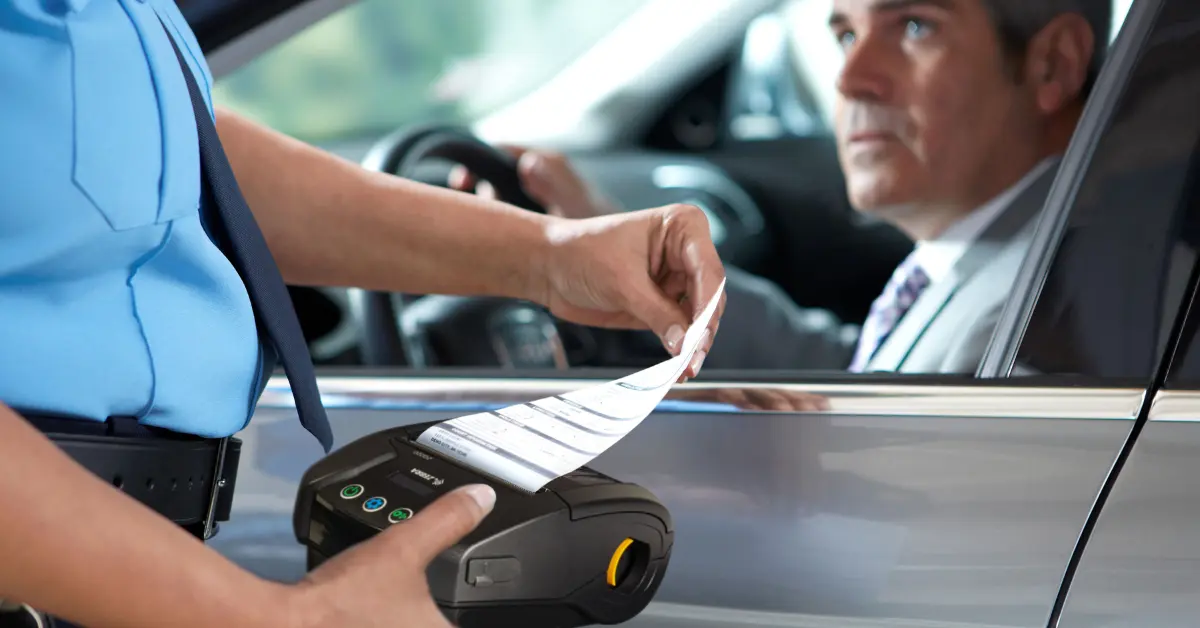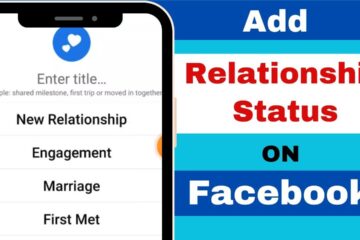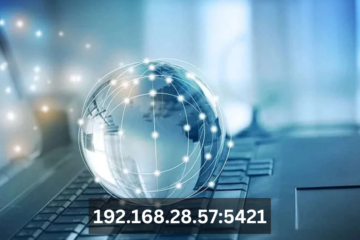Boosting efficiency in business processes ensures that your company can meet customer demands quickly and effectively, improving overall profit. It also helps to foster long-term viability in a constantly changing market.
Today’s parking ticket enforcement systems use technological innovations to revolutionize how authorities manage violations. Discover how these advancements streamline operations and improve efficiency.
Streamlined Appeals
The parking ticket system is vital for urban areas to enforce regulations and mitigate congestion to improve safety for residents, visitors, and drivers. However, efficient processes could have improved early implementation, resulting in costly errors and long delays.
This prompted the need for technological advancements, revolutionizing the ticketing process and boosting overall efficiency. With parking ticket enforcement software, your parking authority can streamline operations by eliminating inefficiencies and ensuring a seamless experience for patrons.
The solution combines an intuitive mobile ticketing front end with a robust backend infrastructure and a customizable patron portal to handle all citation payments, disputes, and permit sales – enabling your operation to run like never before.
By analyzing traffic violation data collected by handheld devices, parking authorities can identify repeat offenders and assess the community’s needs. This information helps optimize parking enforcement routes and maximize revenue generation opportunities.
Eliminate inefficient paper applications and ticketing for resident and non-resident parking permits with GovPilot’s streamlined workflow. With a digital form hosted on your municipality’s municipal website, constituents can apply for parking permits and submit credit card payments in just a few clicks.
This allows your staff to focus on resolving appeals, boosting compliance, and reaching revenue generation goals. This is possible thanks to an intelligent backend infrastructure enabling motorists to contest tickets online by uploading necessary evidence and documents.
Convenient Payment Options
The most advanced parking enforcement solutions provide convenient payment options that make it easy for drivers to pay for tickets online. This helps improve payment compliance, directly increasing revenue streams and reducing operational costs.
Almost immediately, operations that switch to digital enforcement report a dramatic increase in efficiency. With a faster process for patrolling and issuing parking citations, officers can cover more ground and reduce time spent on administrative tasks. Additionally, parking data collected through mobile and fixed LPR cameras can be automatically uploaded into the parking ticket system for real-time citation processing and reporting.
Digital enforcement can help operators optimize their on-street and off-street parking assets, including street sweeping. This helps them deliver an exceptional experience for residents and visitors while reducing operating costs.
Real-Time Reporting
The parking ticket system has evolved significantly, allowing for improved enforcement practices and enhanced efficiency. This is mainly due to technology and advanced data analytics that has transformed how tickets are issued.
For example, advanced LPRs are game-changers in improving patrol efficiency, allowing officers to scan vehicles for violations without requiring manual inspection. This will enable patrols to return to the road more quickly and reduce operational costs. Parking authorities can also leverage the power of data analytics to optimize their operations better, boosting revenue generation opportunities through efficient enforcement tactics. This is possible by identifying repeat offenders and pinpointing areas with the highest violation rates, which helps ensure that enforcement efforts are concentrated where they’re needed most.
Finally, a state-of-the-art ticketing system provides real-time reporting, allowing an accessible overview of the entire operation. With this, agencies can easily access citations and permit data that gives them visibility into how many citations have been issued, whether they’ve been paid, and more. This enables staff to track important business metrics, making it easier for them to make informed decisions and enhance productivity.
Modern parking ticket systems are also designed to be powerful tools for driving payment compliance, encouraging increased utilization, and generating revenue for the agency. These systems allow for a suite of convenient payments, including mobile payments, that promote broader adoption and boost revenue streams.
Automated Ticketing
Many organizations rely on ticketing systems to support customer service processes. These ticketing systems are designed to capture inquiries, requests, and problems from all communication channels so that they can be tracked, analyzed, and responded to. These tools also provide customer service representatives with a unified view of all tickets and internal collaboration to facilitate faster responses.
This system is often used to manage large volumes of support issues that are too complex for a single agent. It can also help minimize the number of tickets reworked by multiple agents, improving overall process efficiency and accuracy. In addition, these systems can direct high volumes of tickets to agents with the expertise necessary to handle them.
Lastly, these systems allow automated ticket tagging and merging to keep tickets organized and help agents work more efficiently. This system is also a powerful tool for revenue enhancement, allowing parking authorities to increase citation payments by offering convenient mobile payment options.
An automated ticketing system provides back-office staff with a comprehensive suite of management reports for mobile pay parking, digital permits, parking violations, citations, appeals, and more. In addition, a mobile application can also sync to fixed LPR cameras for streamlined and efficient enforcement. This allows staff to quickly search records and create professionally formatted reports, saving them valuable time while ensuring that residents and non-residents are fully informed about their permit status, citation, or appeal.



